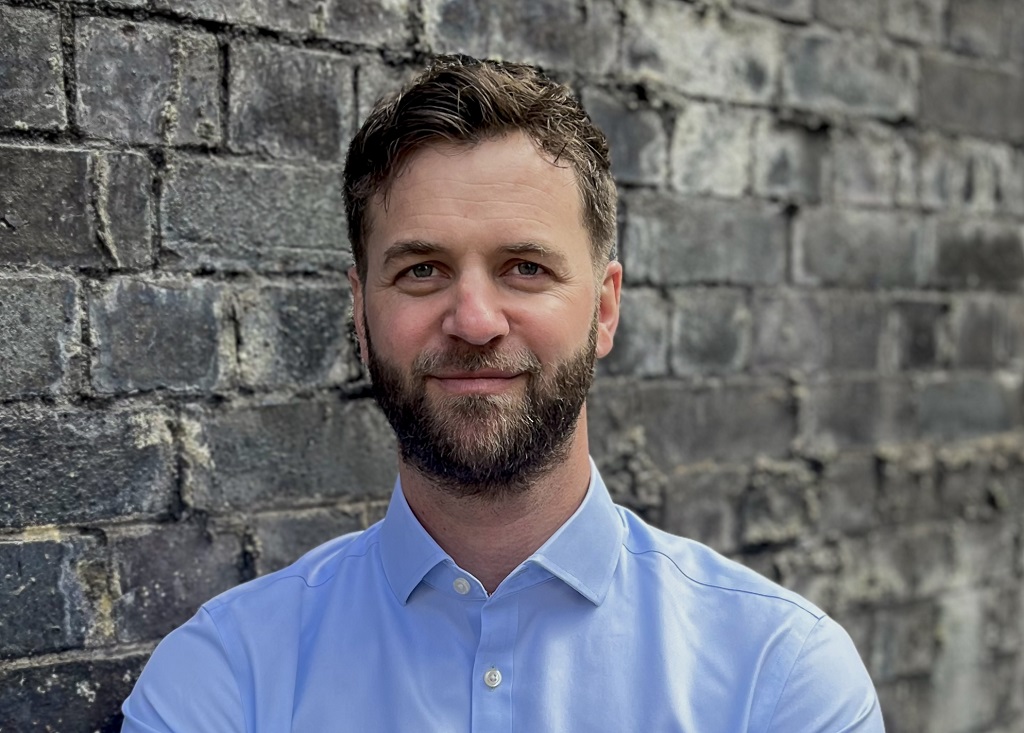THOUGHT OF THE WEEK: Be defiantly kind
“Be kind. Be kind to everyone around you. Be defiantly kind,” began the first in a series of daily bulletins sent by Manchester Community Central to health organisations in the city this week. Below we reproduce extracts from these and other expert guides for anyone seeking support with distress caused by the atrocity and practical advice on how to speak to children about terrorist threats.
Our thoughts naturally focus on those who’ve been killed and physically injured in this atrocity.
But the impact of this is also on people’s feelings and mental wellbeing – and it may be more complex than you expect.
We’d encourage everyone to take care of themselves emotionally over the next days and weeks.
Many people will know someone who was at the Manchester Arena on the night and will feel the emotional impact of this.
These events may also be a trigger for people who have had a recent bereavement, people who have experienced trauma and anyone who is already feeling fragile.
People will be affected who do not expected to be. There doesn’t need to be a reason.
Sudden tragic events like this can affect us in so many different ways, including sleeplessness, irritability, being tearful and feeling overwhelmed by negative thoughts.
So, we encourage everyone to look out for friends and family who may be struggling.
Paying attention to our own feelings is important too. Talk to the people around you and find people you trust to talk to and listen to.
Some people may find telephone and web-based support helpful, particularly if they feel isolated or overwhelmed.
Support for children
Many children and young people may have questions that can be difficult to answer. There are approaches that support children and young people through this time more effectively which include:
- Let them know that you understand their feelings
- Listen to children, give them the opportunity to talk if and when they want to
- Be consistent and reassuring
- Continue to keep routines and normal daily activities
- Keep in touch with school/college about supporting a consistent approach
- Keep them from seeing too much of the frightening pictures of the event
Do try to answer your child’s questions truthfully
Encourage your child to ask questions and try to answer them simply and honestly. They may need to ask the same question several times over, as a way of coming to terms with what has happened.
Do help your child to come up with a ‘story’ about what happened
A story can help your child understand what happened. He or she may need help to come up with a story. It should make sense, put together the main facts and be truthful but appropriate for your child’s age. Even young children can really benefit from having a story to explain what happened. It helps in many ways:
It helps the child to make sense of the frightening event and also helps to reduce some of the unpleasant feelings such as fear, anger and sadness.
Talking through the story can help correct misunderstandings. For example, children may believe that what happened was their fault or be confused about important facts. For instance, they could be confused about who has died and what this means. You can help to avoid this by using clear words, for instance, “John has died” rather than metaphors, such as, “John has gone on a journey”. You can help to avoid this by being clear and open.
Having a story prepared can help children talk to others about what has happened.
If it is difficult for you to talk to your child about it, you could ask another adult to help, such as a family member or teacher. It is important that all adults keep to the same story so that the child is not confused.
Thinking things through with your child can also help him or her to realise that, although bad things can happen, they do not happen so often that we need to be scared of them all the time.
By the time they are about five years old, children are able to understand that death is permanent and that the person who has died cannot come back, that it happens to all living things and that it has a cause. However, they may need help with this, particularly younger children who may not realise that death is permanent and keep asking when the person is coming back.
Do look after yourself
If you are upset by what has happened, it may be more difficult to talk to your child about it. You might want to talk to another adult about it. If you are unsure whether you can manage to talk to your child about it right now, you could ask another important adult to help, such as a family member or trusted teacher. It is important that all adults keep to the same story so that your child is not confused.
When and where to seek more help
Many children feel upset for a few weeks after a frightening event and then become happier again over time. Some children continue to feel scare several weeks after the event. If you are worried that your child is very distressed or continues to be distressed even after a month or so, you could seek help from your family doctor (GP). He or she will check your child’s health and talk to you about who else could help, such as your local Child and Adolescent Mental Health Service.
Sources: Manchester Community Central, 42nd Street, NHS, Greater Manchester Health & Social Care Partnership.
FURTHER LINKS
http://42ndstreet.org.uk/support-following-the-manchester-arena-incident-on-22nd-may-2017/
https://www.manchestercommunitycentral.org/news/information-and-helplines-manchester-arena-incident
http://www.gmhsc.org.uk/news/mental-wellbeing-advice-following-the-incident-at-manchester-arena/





Thank you for this. I wasn’t at the concert, but I’ve been to the Arena many times with my teenage daughters. This atrocity has affected me like I could never have imagined. It’s reassuring to know that my feeling are normal and that I’m not just wallowing in self pity. The support from Manchester has been incredible and I’m so so proud to be part of it and be able to call it my home. X
By Sally Lister